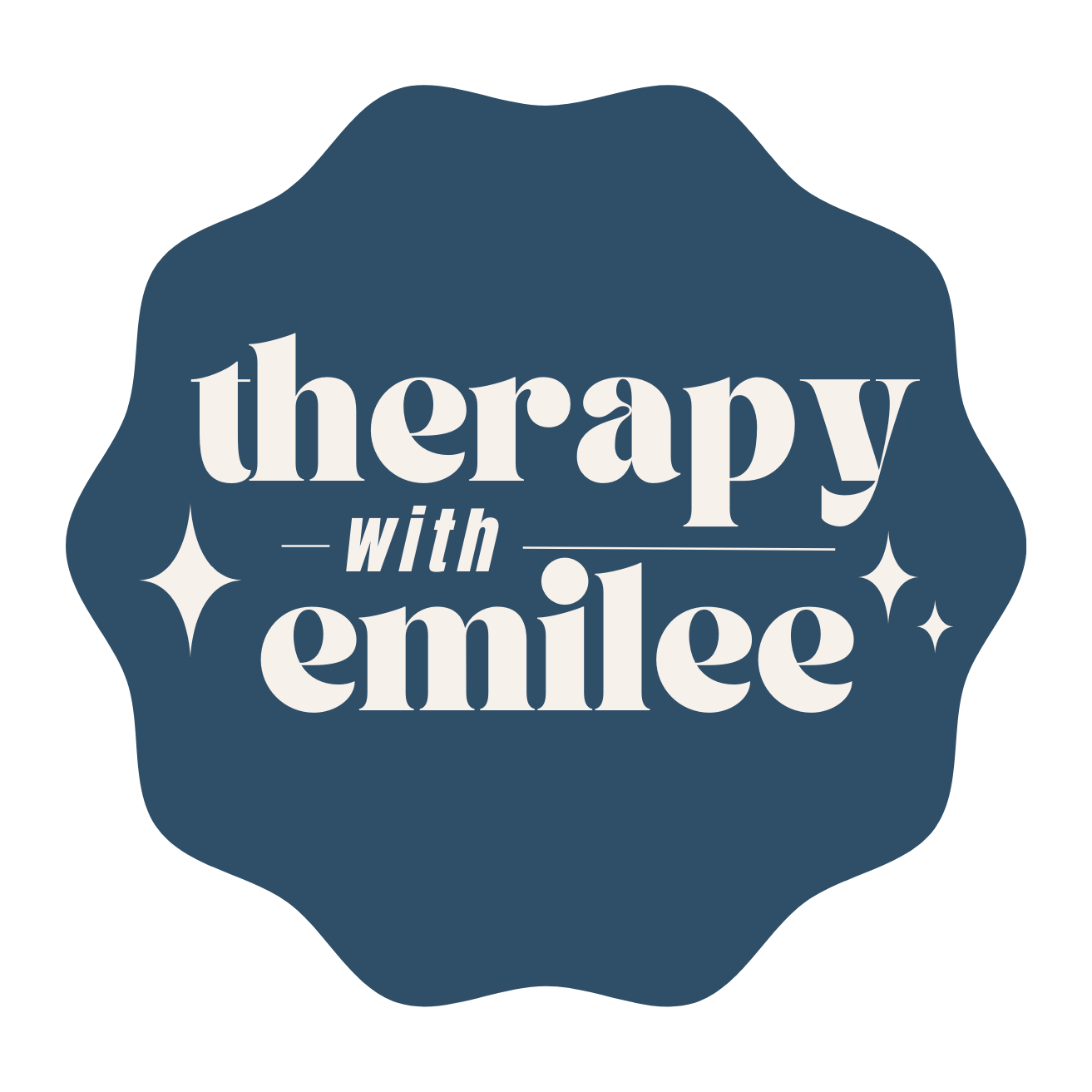Disordered eating is a complex issue that can stem from a variety of factors, such as emotional distress, trauma, genetics, or societal pressure to achieve an unrealistic ideal body shape. In therapy, exploring disordered eating involves examining the emotional and psychological aspects of the behavior. For instance, compulsive overeating, binge-eating, or restriction of food intake can serve as a coping mechanism for individuals struggling with anxiety, depression, or low-self esteem. Thus, therapy may involve identifying triggers that contribute to disordered eating behaviors and developing alternative strategies for emotional regulation. Additionally, exploring one's relationship with food is essential in addressing disordered eating. Clients can learn to identify hunger cues, incorporate mindful eating practices, and challenge negative thoughts and beliefs about food and body image.
In our sessions, as we explore your beliefs and other underlying issues, you will regain a sense of control over your relationship with food and work towards achieving a balanced and healthy lifestyle.
Body image issues can be a source of anxiety and low self-esteem for many individuals. The unrealistic standards set by the media and society often lead individuals to feel inadequate and unworthy, based solely on the way they look. This can lead to a variety of negative emotions and behaviors that often worsen the situation, such as disordered eating habits, self-harm, and other detrimental behaviors in a desperate attempt to conform to these standards. Moreover, people with different body types, skin colors, and gender identities have faced prejudice in various ways while trying to fit in with the norm.
Exploring body image during therapy can be a challenging process, but it can result in profound transformations. This exploration involves examining the beliefs you have about yourself and your body, and how those beliefs impact your self-worth, ability to love yourself, and relationships with others. You will learn to challenge your negative beliefs and develop a more positive and accepting relationship with yourself. By learning to love and respect your body, you can improve your overall self-worth and form healthier relationships with others. This process requires patience, vulnerability, and commitment, but the benefits can be life-changing.


